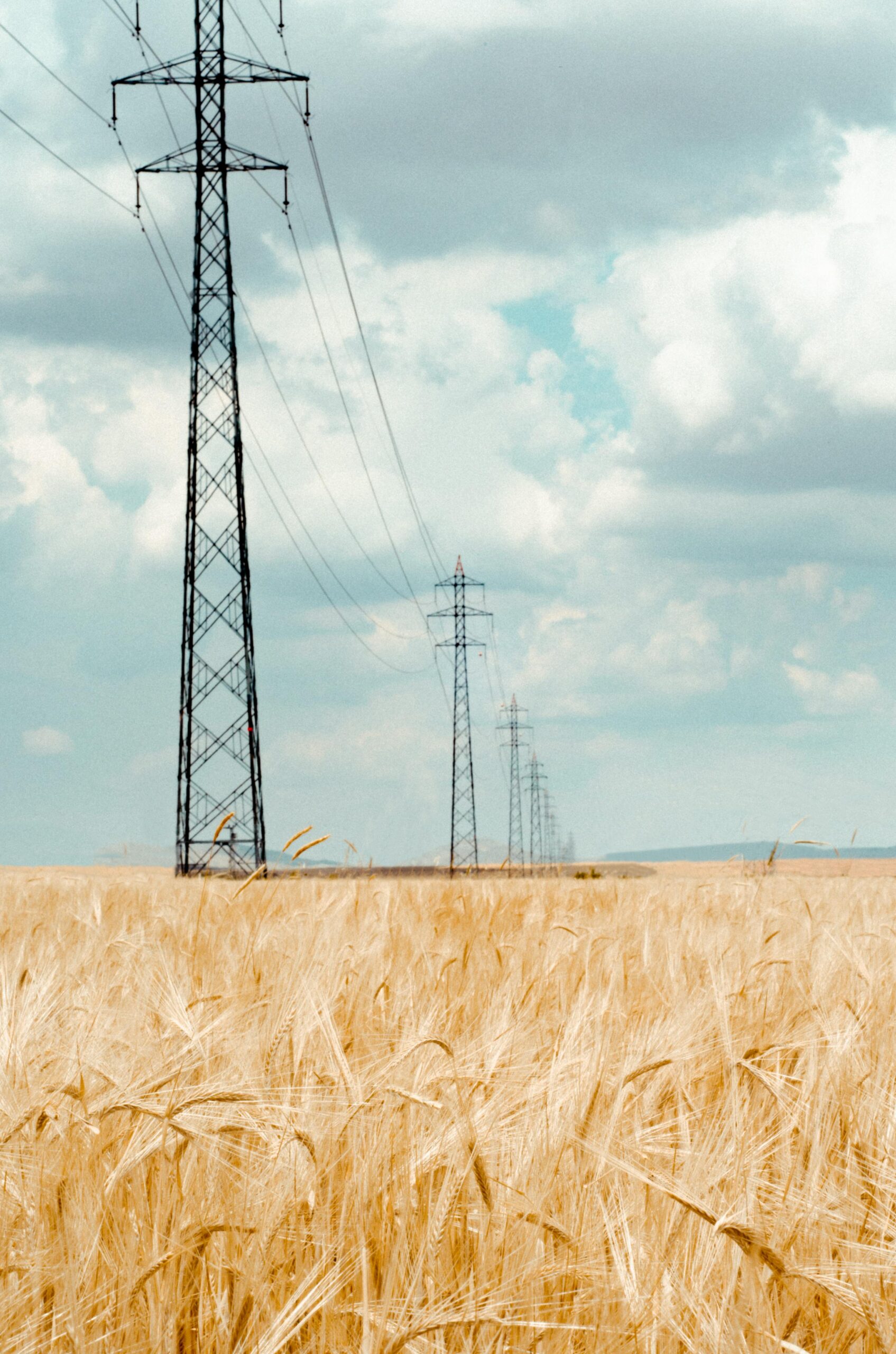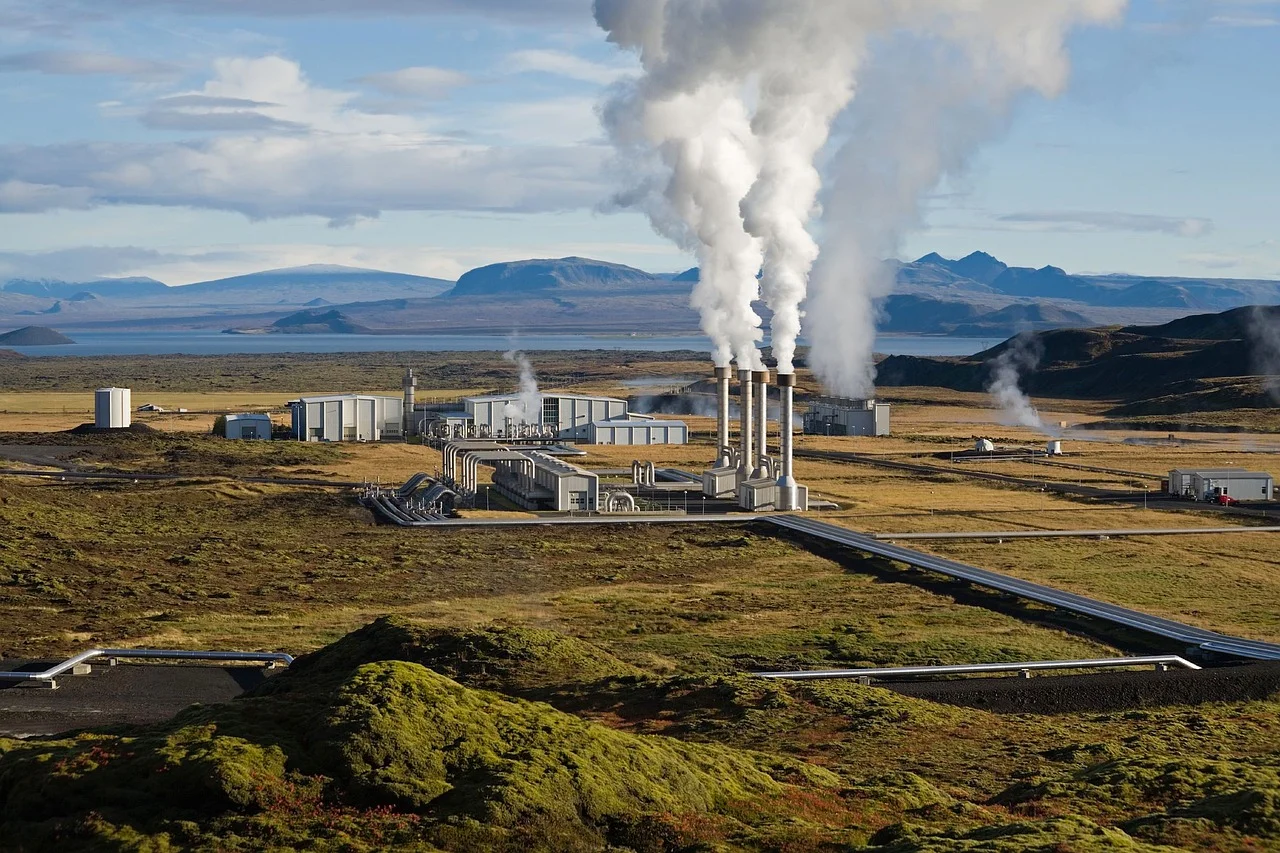About Chris:
Chris has spent nearly two decades advising high-profile leaders and shaping federal and state policies through strategic communications.
With deep experience across the electoral, legislative, and regulatory landscape, Chris has advised top-tier presidential, U.S. Senate, and gubernatorial campaigns advancing forward-thinking climate policies. He has worked with state attorneys general fighting harmful federal climate rollbacks and supported advocacy organizations accelerating the transition away from fossil fuels.
Chris served as a communications advisor to former Senate Majority Leader Harry Reid, helping to communicate about the implementation of more than $90 billion in renewable energy programs. He has also guided clients seeking inclusion of their priority policies in major federal climate legislation, including the Inflation Reduction Act, and led strategic communications efforts that helped secure a highly competitive $5 billion EPA grant.
He has worked for three U.S. Senators, most recently leading communications for Senator Cory Booker’s presidential campaign in New Hampshire before launching Echo Communications Advisors, formerly Moyer Strategies, in 2020.
A New Hampshire native, Chris is a graduate of Boston University’s College of Communication. He lives in Hyattsville, Maryland, with his wife, Mari, and their dog, Wolfie.
Chris’ Recent Publications:
Despite federal climate policy setbacks, businesses and communities are stepping up to drive progress, showcasing resilience and innovation in the face of challenges.
Laura Zapata, CEO of Clearloop, shares how her company empowers businesses to tackle carbon footprints and accelerate clean energy in underinvested communities, driving both environmental and economic change.
After months of debate, Congress fails to advance the Energy Permitting Reform Act. With new leadership in 2025, will permitting reform finally gain momentum, or will it remain stalled?
Geothermal energy, once overlooked, is gaining bipartisan support thanks to new technologies and promising growth. Could it become the next big renewable energy breakthrough in the U.S.?





